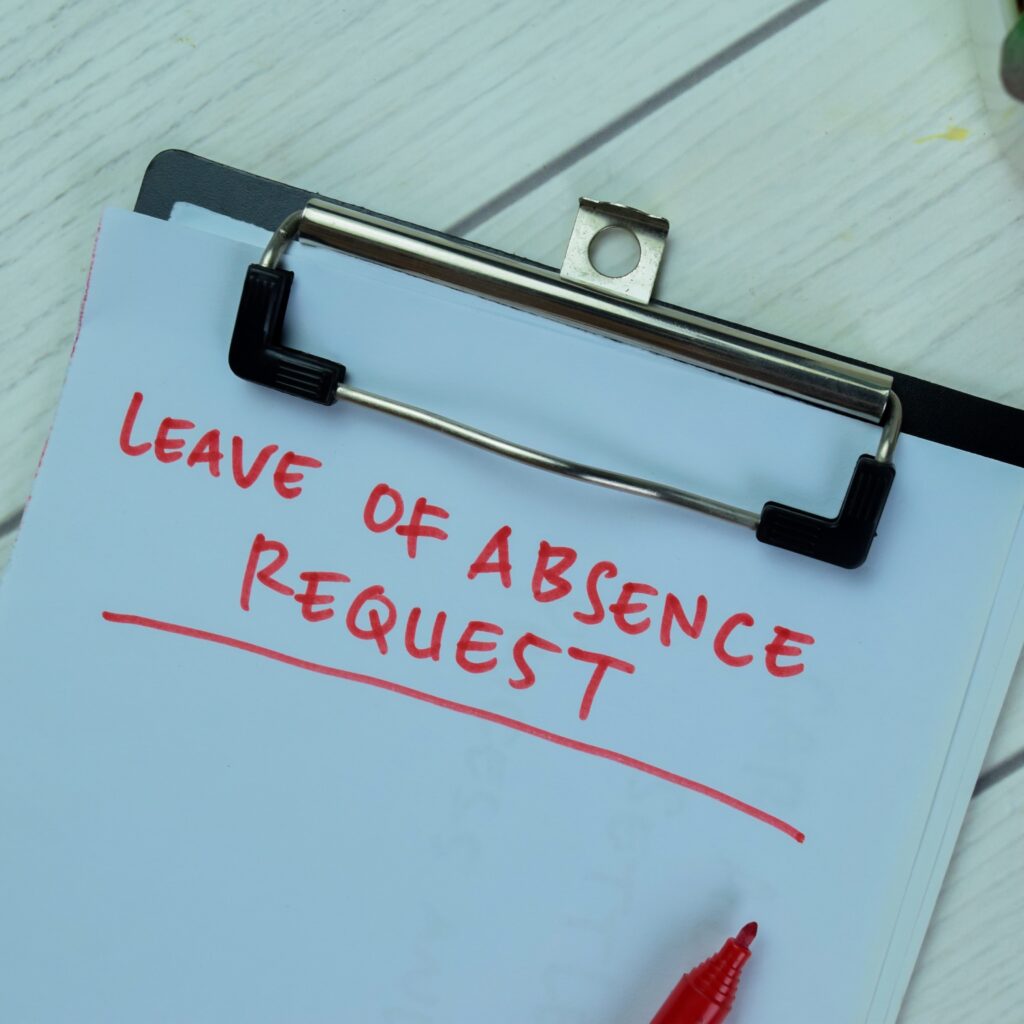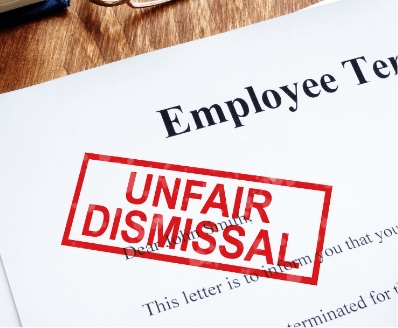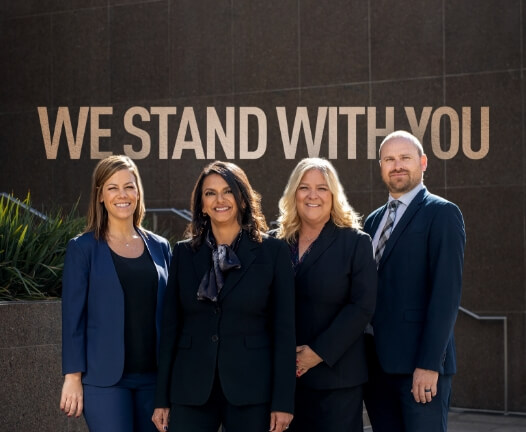California Family Rights Act
Attorneys in San Diego
The California Family Rights Act (CFRA) allows employees to take 12 weeks of paid leave from their jobs during a 12-month period. While on leave, employees receive the same employer-provided healthcare benefits as they did while on the job and cannot lose their jobs during their leave or because they need to take it.
Table of Contents
Protecting People Who
NEED Extended Leave

California law offers the following valid reasons to take leave:
- Birth of a child
- Adoption or foster care placement of a child
- To care for a spouse, domestic partner, child, parent, parent-in-law, grandparent, or grandchild with a serious ailment or injury.
- When the employee has a serious ailment or injury For qualifying exigencies regarding a close family member’s military deployment
At Haeggquist & Eck, LLP, we help employees find relief and peace of mind when caring for themselves or an immediate family member. You’re dealing with enough as it is, and the stresses of work put a strain on your ability to do what’s necessary to ensure you take proper care of a new child, a sick or injured family member, or yourself.
If your employer puts up a fight against your right to take leave to care for yourself or someone you love, contact the California Family Rights Act attorneys in San Diego at Haeggquist & Eck, LLP. Call our office at (619) 342-8000 or reach out online for your free initial case evaluation.
Key Distinction Concerning
Pregnancy
Although the CFRA functions much like the federal Family and Medical Leave Act, California law allows pregnant women to have more time off before and following the births of their children.
Under federal law, pregnancy qualifies as a “serious health condition” for women to take protected leave from work. The birth of a child is another valid reason to take this leave. However, taking a combined amount of leave for both reasons is not permissible.
In California, the law concerning leave for pregnancy is much more forgiving. A woman can go on a separate Pregnancy Disability Leave of up to 16 weeks if their employer has five or more employees. The CFRA further permits the mother to take an additional 12 weeks of leave following the birth of their child for care and bonding. If you think you’re not being given the amount of time for leave that you deserve, reach out to a California Family Rights Act attorney in San Diego who can help.

Who Does the
CFRA Cover?
Before 2021, only employers with 50 or more employees in a 75-mile radius had to comply with the CFRA. However, sweeping changes to the law went into effect on January 1, 2021, that favor California employees. Now, all employers with five or more employees (with no 75-mile radius requirement) must honor employee rights to take California family and medical leave.
If you work for a company with at least five employees, you are eligible for leave if you were employed with the company for 12 months or longer and worked at least 1,250 in the prior 12 months. If you meet these eligibility requirements, your employer should approve properly-requested leave for qualified reasons.
Requirements to
Take CFRA Leave

As an employee, you should notify your employer of foreseeable leave whenever possible. If you know you will request leave, let your employer know with reasonable advance notice. This might be the case with a surgery that you or a family member planned ahead of time that requires a long recovery period. If your need for leave arises unexpectedly, such as due to a sudden serious injury, inform your employer as soon as possible.
If you know you will need future leave, you have a duty as an employee to schedule it – if possible – around your employer’s needs. The law expects employees to make reasonable efforts to do so as long as healthcare providers approve the scheduling.
Once you request leave, your employer can require that you present certification of the serious health issue. A healthcare provider should complete this certification, including the date of the condition starting, the expected duration of the health issue, that the medical issue prevents the employee from working, or that a family member’s health issue requires the care or supervision of the employee.
If the employee extends leave beyond the initial duration noted in the certification, the employer can require recertification.
Remember that your employer cannot directly contact your healthcare provider about your or a family member’s serious ailment. Instead, your employer must accept the standard CFRA form available online. This form is different from the one required for pregnancy disability leave.
If you comply with all these requirements and your employer still denies your leave, immediately reach out to our attorneys for help.
Employee Compensation and
Reinstatement
Your employer can require you to use all accrued vacation time during your CFRA leave. If you are taking leave due to your medical condition, your employer can require you to use all accrued sick time.
Larger employers (over 50 employees) must provide health benefits for the 12 weeks of leave. They cannot alter the benefits for employees or dependents from when the employee was working. Smaller companies must offer benefits but can require that it be at the employee’s own expense during their leave. If an employee of a smaller company uses vacation or sick time first, they should receive their usual benefits during this period.
While CFRA leave is unpaid leave, it provides job protection. Once you complete your CFRA leave, your employer must reinstate you to the same position as before or a comparable one. The position must be substantially similar regarding working conditions, status, privileges, pay, benefits, and more.

Discuss Concerns With A
San Diego
Employment Lawyer

While the law providing CFRA leave rights is clear, many employers fail to comply. Instead, they deny leave, fail to provide benefits, or reinstate the employee. Some employers retaliate against employees for even requesting leave.
If you are in any of these situations, reach out to our San Diego employment law firm for help. Our legal team at Haeggquist & Eck, LLP, is ready to help.
Call us now at (619) 342-8000 or email us through our contact page and we’ll start with a free claim evaluation.




















